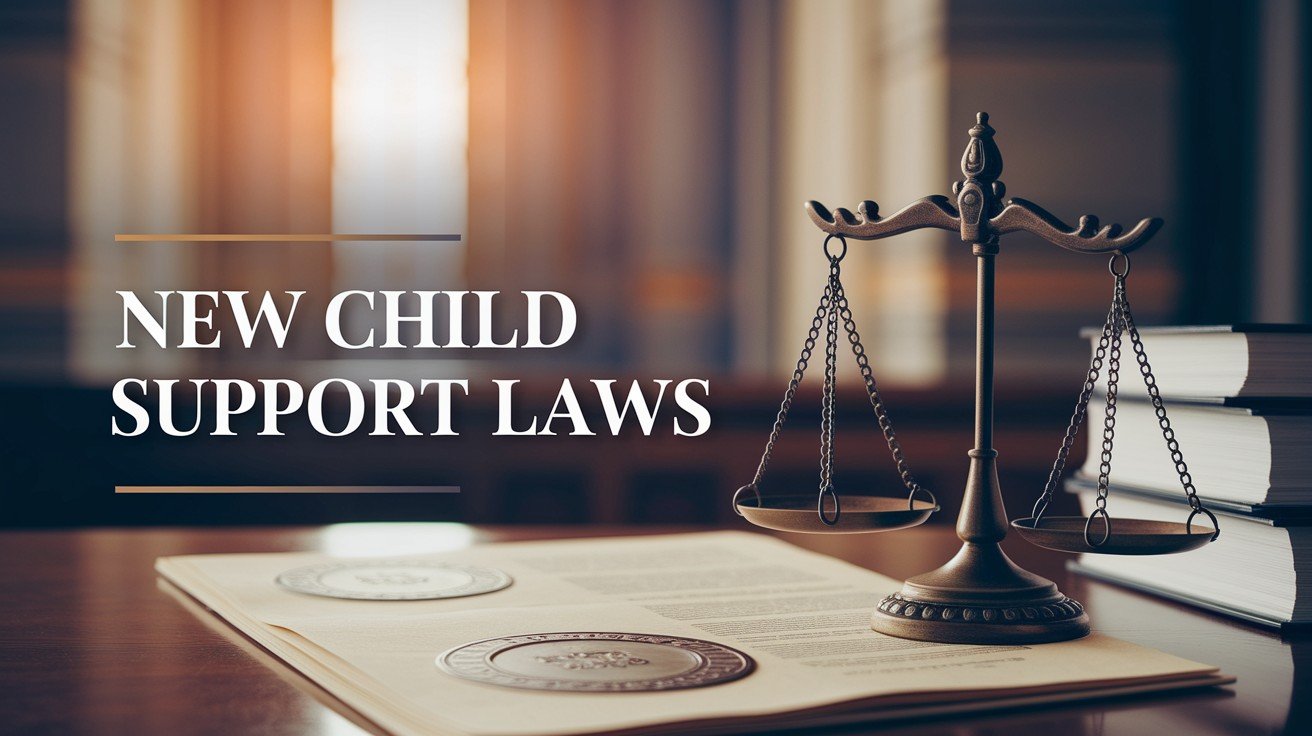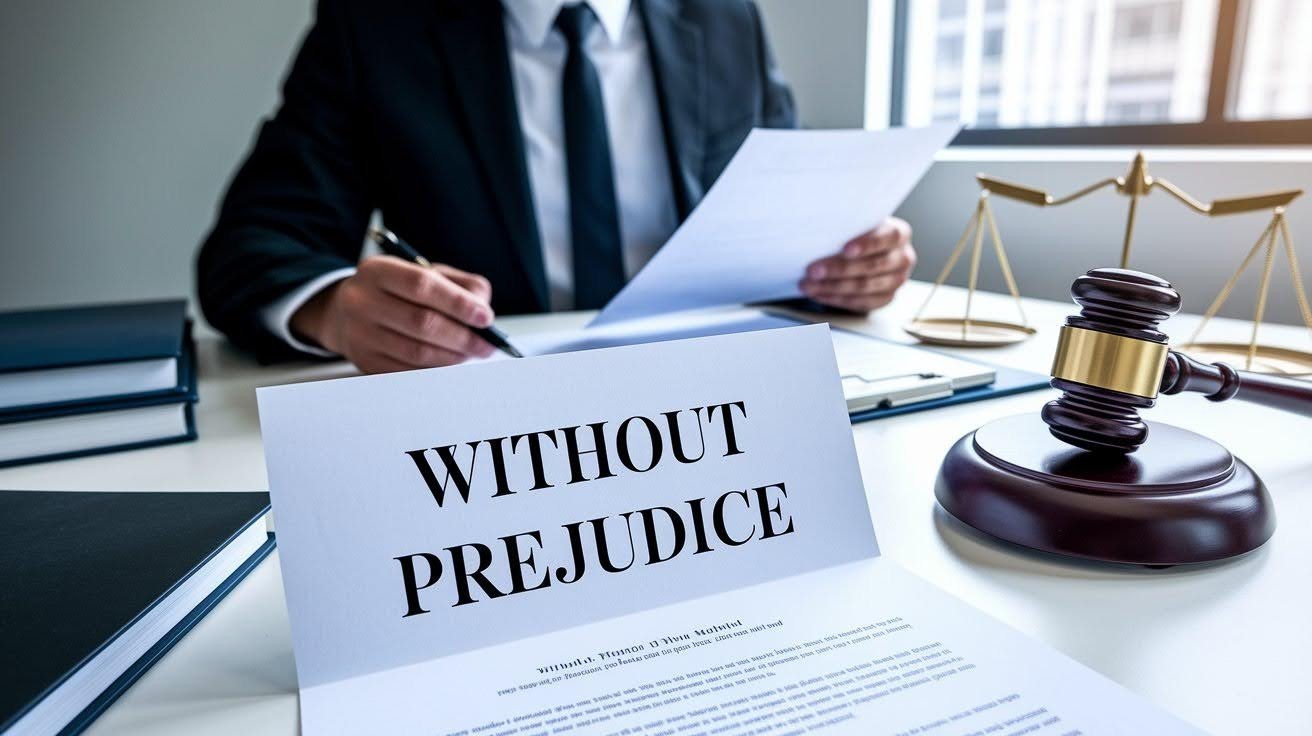Going through with a divorce poses many difficulties. It feels devastating when your ex turns your child against you, though you’re not alone. Parental alienation begins when one parent manipulates a child. The manipulation causes the child to reject the other parent.
Because it relies on actual cases with legal perceptions, this guide explains just what parental alienation means, along with why it matters within law, and how you can respond effectively. Many states, like Georgia, classify it as emotional abuse in custody disputes, though no federal law addresses it.
By clearly guiding yourself in a step-by-step way to understand all of your rights. And to cite some credible legal sources, you will protect the bond that you have with your child and then avoid costly mistakes. Your relationship is worth defending, as this trusted guide equips you with some knowledge.
What Is Parental Alienation?

When parents split up, some use their kids as weapons. This is called parental alienation – when one parent turns a child against the other parent on purpose. The alienating parent fills your child’s mind with lies to make them reject, fear, or hate you for no good reason.
Watch for red flags. Your child suddenly starts criticizing you unfairly and only says good things about the other parent. If your loving child suddenly turns cold, this isn’t normal – it’s manipulation.
General Advice for Handling Parental Alienation Situations

Don’t panic. I know this feels overwhelming. But you can fight back and protect your relationship with your child. The key is staying smart and focused.
Stay Focused on Your Child’s Best Interests
Always put your child’s well-being first. This isn’t about winning against your ex. It’s about saving your child from emotional damage. Courts want to see parents who can work together.
Avoid putting your child in the middle of conflicts. Show judges you’re the mature parent who cares more about your child than getting revenge. This approach wins cases.
Document Everything Carefully
Start keeping records today. Write down dates, times, and what happened during each incident of alienating behavior. Save every text, email, and voicemail from the other parent.
Track when the other parent interferes with your time. Note changes in your child’s behavior or attitude toward you. These records become your evidence in court.
Maintain Your Relationship with Your Child
Stay positive during your time together. Don’t badmouth the other parent to your child, even when they do it to you. This is hard but necessary.
Focus on creating good memories and experiences. Show consistent love and support despite the challenges. Your child needs at least one stable parent in their life.
Seek Professional Help Early
Contact a family law attorney who has experience with alienation cases. Don’t wait until things get worse. Early action gives you better chances of success.
Consider family therapy or counseling for you and your child. Use mediators to reduce conflict when possible. Professional help makes a huge difference in these cases.
Strategies for Dealing with Parental Alienation

You need a game plan. Random actions won’t help your case. Smart strategies based on what works in court will give you the best chance of success.
Communication Strategies
Keep all communication with the other parent focused on your child. Avoid emotional reactions or confrontations, even when they try to bait you into fights.
Use written communication, like email or texts, to create records. Consider using parenting apps that track all messages. This protects you from false accusations later.
Building Your Case
Gather evidence of your positive relationship before the alienation started. Collect photos, videos, and mementos that show your bond with your child over the years.
Find witnesses who can speak about your parenting abilities. Show patterns of the other parent’s alienating behavior. Courts need to see proof, not just your word against theirs.
Working with Your Child
Never speak badly about the other parent to your child. This is the most important rule. Don’t use your child as a messenger between parents either.
Reassure your child that both parents love them. Be patient because healing takes time. Your child is also a victim in this situation.
Self-Care and Emotional Management
Get counseling support for yourself. Join support groups for parents facing alienation. You can’t help your child if you fall apart during this process.
Stay physically and mentally healthy. Keep a journal to process your emotions privately. This journey is a marathon, not a sprint. Take care of yourself.
Legal Considerations and Court Options

The legal system can help you. But you need to understand how courts handle these cases and what evidence they want to see from you.
What Courts Look For
Courts want evidence of manipulation and alienating behaviors. They look for changes in your child’s relationship with you over time that don’t make sense.
You need proof that you were a good parent before alienation started. Document interference with your parenting time and bring witnesses who know your family.
Types of Court Relief Available
Courts can modify custody arrangements to protect your child. They may order counseling or therapy for the whole family. Some courts order supervised visits for alienating parents.
You might get makeup parenting time for missed visits. Courts take interference seriously. The goal is to stop the emotional abuse your child is experiencing.
Evidence That Helps Your Case
Keep written records of alienating comments or actions. Get witness testimony about your parenting abilities. Professional evaluations can prove that alienation is happening to your child.
School or medical records showing interference help your case. Save screenshots of social media posts. Everything the other parent does leaves a trail you can use.
Challenges in Court
Proving alienation requires substantial evidence. One or two incidents usually aren’t enough. Courts must balance competing claims and interests from both parents carefully.
The process can be lengthy and emotionally draining. Results aren’t always predictable. But don’t give up. Many parents successfully fight alienation with persistence and good legal help.
Practical Tips for Success
These tips come from real cases. I’ve seen what works and what fails in court. Follow these guidelines to give yourself the best chance.
- Always follow court orders exactly, even when the other parent doesn’t. Keep detailed records of all interactions with dates and times. Be the stable, loving parent your child needs.
- Don’t badmouth the other parent to anyone, especially your child. This will backfire in court. Don’t violate court orders, even when the other parent does it first.
- Work with experienced professionals who understand alienation. Stay consistent in your efforts to maintain contact with your child. Never give up on your relationship with them.
- Don’t use your child as a source of information about the other parent. Don’t handle this situation alone without professional help. These mistakes can destroy your case completely.
- Watch for your child suddenly refusing to see you without a good reason. Listen when your child uses adult language to criticize you; that sounds coached.
- Notice when the other parent schedules activities during your parenting time. Being excluded from school or medical decisions is a major red flag. These are signs of escalation.
- Take action as soon as you notice a pattern of alienating behavior. Don’t wait for things to get worse. If the other parent violates court orders, document it immediately. Early action saves relationships and prevents severe damage.
Conclusion
You now have a clear understanding of how parental alienation laws work in different states. I’ve worked with families going through this for over a decade, and I know how confusing the legal system can feel when you’re trying to protect your relationship with your child.
Start documenting interactions today. Keep a simple journal with dates, times, and what happened. I’ve seen this evidence make a difference in court cases. Stay focused on your child’s well-being, not revenge.
Important disclaimer: This information is educational, not legal advice. Every case is unique and laws vary by state. Speak with a licensed family law attorney in your area before taking legal action. They can review your specific situation and guide you properly.
Share this article with parents who need it. Leave a comment if you have questions. You’re not facing this alone.
Frequently Asked Questions
Are there specific parental alienation laws in the United States?
No, there are no specific federal laws that directly address parental alienation. Courts handle these cases under general custody and child welfare laws. Most states, like Georgia, treat parental alienation as a form of emotional abuse within existing family court frameworks.
Can parental alienation change custody arrangements?
Yes, courts can modify custody if parental alienation is proven. Judges may award more time to the alienated parent, order supervised visits for the alienating parent, require family therapy, or even change primary custody to protect the child’s best interests.
What evidence do I need to prove parental alienation in court?
You need substantial evidence showing a pattern of alienating behavior. This includes written communication records, witness testimony, documentation of interference with parenting time, proof of your previous good relationship with your child, and professional evaluations confirming alienation.
How long does it take to resolve parental alienation cases in court?
Parental alienation cases can take months to years to resolve, depending on the severity and complexity. The legal process involves custody evaluations, possible therapy requirements, and multiple court hearings. Early intervention typically leads to faster resolution and better outcomes.
Can parental alienation be stopped without going to court?
Yes, mild cases may be resolved through family therapy, mediation, or parenting coordination. However, moderate to severe alienation usually requires court intervention. Professional help and documentation are essential regardless of whether you pursue legal action or alternative resolution methods.










